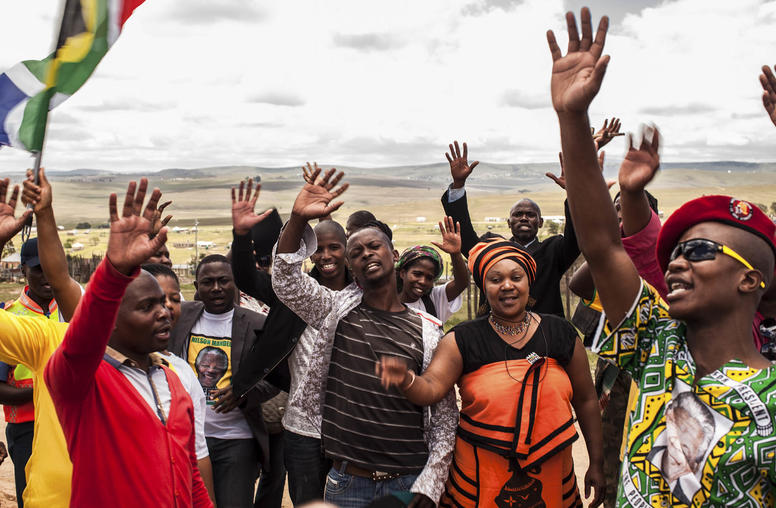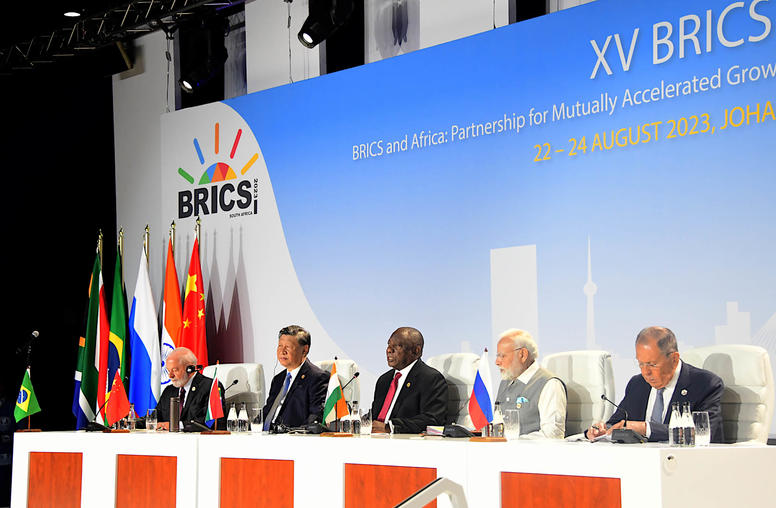South Africa’s Crisis: What Does it Mean for Democracy?
Former President Kgalema Motlanthe Speaks on His Country’s Political Upheaval
South Africa faces political and economic turmoil late in the final term of President Jacob Zuma. Following corruption controversies, an impeachment attempt and divisions within the ruling African National Congress (ANC), Zuma’s predecessor, Kgalema Motlanthe, last month urged Zuma to resign. In several months, the ANC will elect a new leader in advance of national elections in 2019. What does it mean for South Africa—and its democracy—to have such deep divisions in the party that has governed it since apartheid? The U.S. Institute of Peace hosted former President Motlanthe on May 9 to discuss his views.
Kgalema Motlanthe is a longtime ANC activist who has been both a rival and colleague of President Zuma. He called for Zuma’s resignation in a eulogy last month for a prominent ANC leader. In the weeks afterward, a collection of political, civic and labor groups announced a nonviolent protest campaign, called the Freedom Movement, to seek Zuma’s removal. The nonviolent approach, and the Freedom Movement, were endorsed by South Africa’s Nobel Peace Prize laureate, Archbishop Desmond Tutu. As an elder statesman of the party that has dominated South Africa’s politics, Kgalema Motlanthe will have a significant voice in the coming evolution of politics in one of the continent’s most influential countries.
Continue the conversation on Twitter #SAfricaDemocracy.
Speakers:
Kgalema Motlanthe
Fomer President of South Africa, 2008 - 2009
Ambassador Princeton Lyman
Senior Advisor to the President, U.S. Institute of Peace


